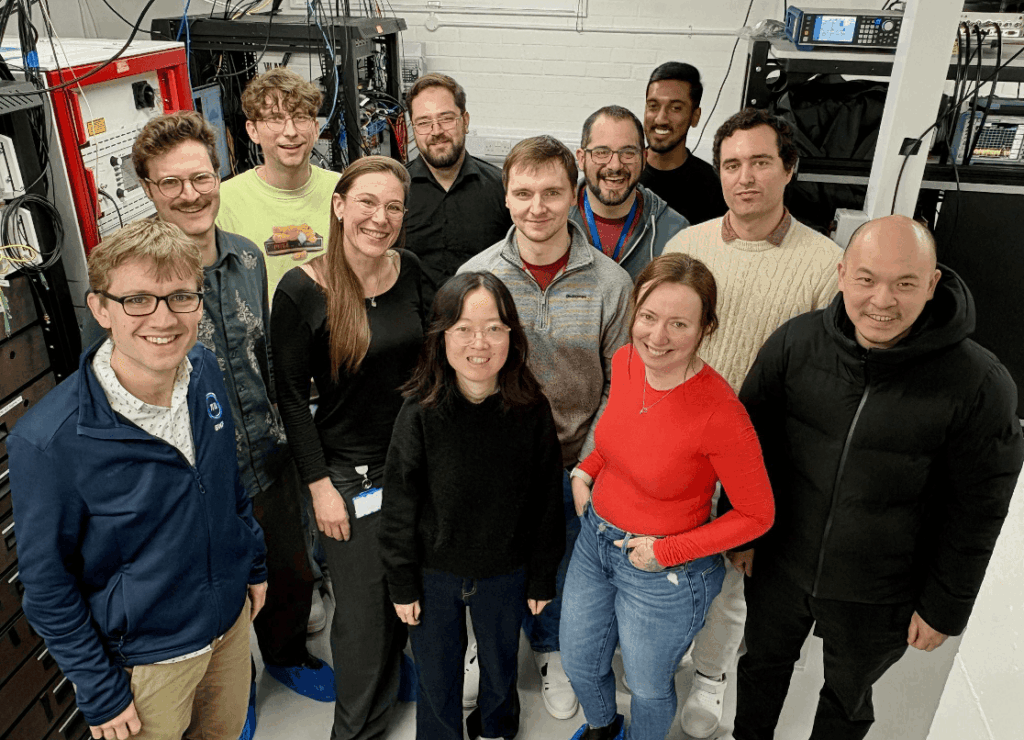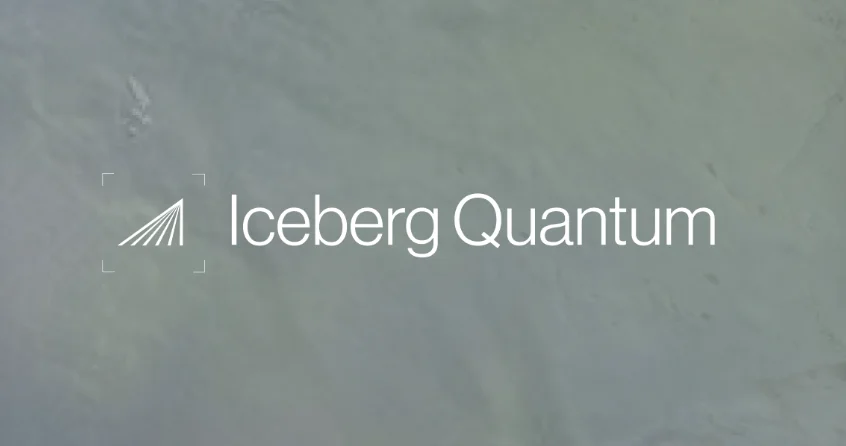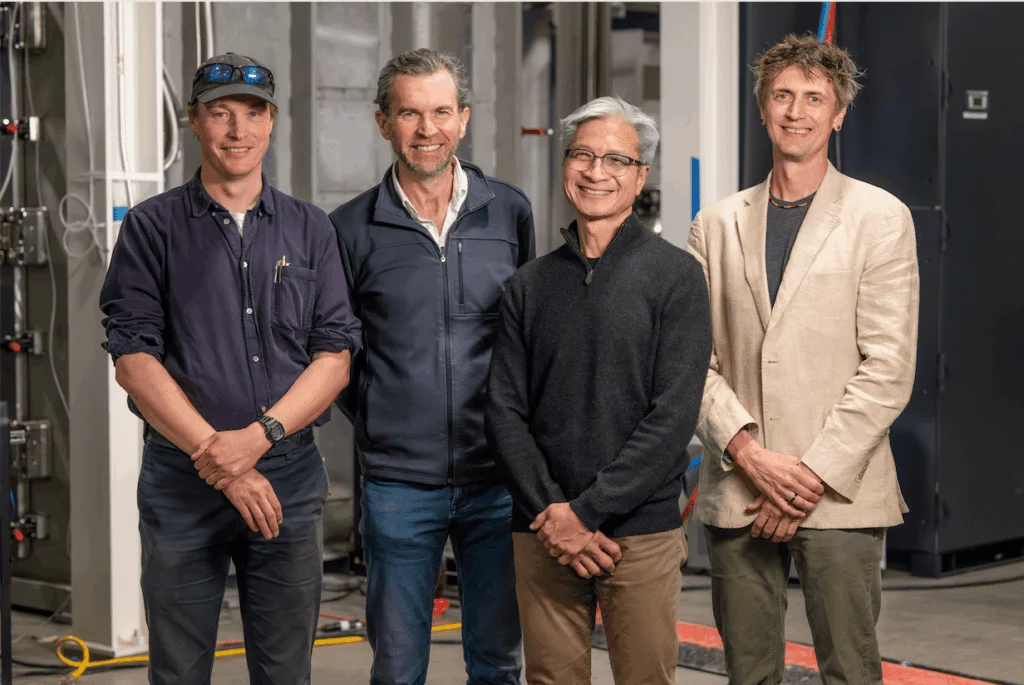Insider Brief
- Japan’s Fujitsu and RIKEN Research Institute expect to deliver a superconducting quantum computer in spring of 2023
- Although IBM already installed a quantum computer in Japan recently, Fujitsu will become the first domestic company to commercialize such a machine in the country.
- Fujitsu’s computer is expected to be powered initially with 64 qubits, but plans to ramp up that qubit number to about 1,000 within three years.
Japan’s Fujitsu and RIKEN Research Institute are teaming up to create Japan’s first domestically produced and commercialized quantum computer, which the team says should hit the market in Spring 2023, according to Nikkei Asia. If successful, this would be Japan’s first domestic commercial quantum computer.
According to Nikkei Asia, the research teams are developing a superconducting quantum computer, similar to the devices that Google and IBM operate. Superconducting devices require extremely low temperatures to protect their extremely sensitive quantum bits, or qubits, which are the basic unit of computation for a quantum computer. Although error-correction, among other technical issues, can dramatically affect performance, the higher the number of qubits, the more powerful the quantum computer.
Fujitsu’s computer is expected to be powered initially with 64 qubits. On paper, Fujitsu’s device would have more than Google’s 53-qubit quantum computer, if that figure remains static for the search engine giant. IBM expects to have a 1,000-qubit quantum computer in 2023 and a 4,000-qubit machine in 2025.

Fujitsu has an aggressive plan to keep pace with these industry giants. Representatives suggest that by April 2026, the company’s quantum computer will bristle with more than 1,000 qubits.
The news is a culmination of Japan’s steady progress in quantum and particularly RIKEN’s leadership in producing a quantum computer for Japan. Last April, Fujitsu built a research center in Wako City to develop the quantum computers with Riken. The conglomerate has also established leadership in quantum-inspired technologies.
About 20 researchers were working on the superconducting quantum project, according to reports.
Earlier, the organizations also detailed plans to develop middleware and cloud computing systems necessary for running quantum computers, as well as research and develop algorithms for running applications.
“Ultimately, the results of the joint activities conducted at this collaboration center not only offer the potential for real-world applications in areas like drug discovery and material sciences, but will also contribute to the development of science and technology both in Japan and throughout the world by shedding new light on physical phenomena and fundamental scientific theory.”
The organizations expect companies involved in developing new materials and drugs, as well as ones in the financial industry, to be among the first to use the devices.
From the April 2021 story: “Ultimately, the results of the joint activities conducted at this collaboration center not only offer the potential for real-world applications in areas like drug discovery and material sciences, but will also contribute to the development of science and technology both in Japan and throughout the world by shedding new light on physical phenomena and fundamental scientific theory.”
According to Nikkei Asia, the teams expect to add partners to the project.
The Fujitsu-RIKEN quantum computer would join other devices already in the Japanese market. Recently, IBM installed one of its own devices in Japan.
You can learn more about RIKEN Center for Quantum Computing here.
For more market insights, check out our latest quantum computing news here.















